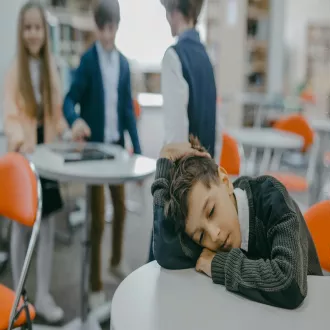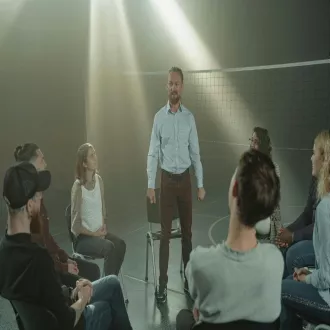Transcription What is learning?
The Fundamental Definition of Learning
Learning itself is defined as a relatively permanent change in our behavior that is directly caused by the experience we undergo.
We, as human beings, are constantly adapting to our environment, learning to expect and prepare for events that are significant in our lives.
Experience, an essential component of this definition, is what allows us to acquire new behaviors, being a fundamental pillar in the field of psychology.
The study of learning has, in fact, been the central core of the psychological discipline, although its foundations were already the subject of speculation by philosophers.
Although thinkers such as Aristotle already reflected on the bases of learning, the first systematic investigation into this phenomenon did not begin until the beginning of the twentieth century.
Differentiating Learning from Maturation
It is not always easy to be able to identify whether a change in behavior is due to nature or nurture, it is That is, to heredity or experience.
It is crucial to understand that some changes in a person's behavior or performance occur solely through maturation and do not involve experience.
For example, children become better tennis players as they grow older, in part, because their strength increases with their size, a maturation phenomenon.
In order to understand when true learning has occurred, we must differentiate these maturational changes from improvements that result from practice and effort.
It is precisely the improvements that result from constant practice that indicate that a true learning process has occurred in the individual.
Differentiating Learning from Temporary Changes
In a very similar way, short-term changes in behavior that are due to other factors are not considered true learning.
Decreases in performance that result from fatigue or a momentary lack of effort are different from changes due to learning.
If a professional tennis player has a bad day on the court due to stress, this does not mean that she has not learned to play or that she has unlearned.
Because there is not always a direct correspondence between learning and performance, understanding when true learning has occurred can be difficult.
Learning as a Complex and Adaptive Process
Most human learning is considerably more complex than simple habituation, which is the decreasing response to a repeated stimulus.
We learn to repeat acts that bring us rewards and to avoid acts that bring us outcomes that are completely undesirable.
We are also able to learn new behaviors by observing events and people, and through language, we learn things we have never experienced before.
This ability to adapt and to modify our behavior based on experience is what allows us to navigate the complexity of our environment successfully.
what is learning




